Fifty-four percent of Americans 18 and older drink coffee every day, and why not? With 100 milligrams of caffeine per six ounces of drip coffee, it's just the morning beverage to wake you up and kickstart your day. You can feel the caffeine surge through your body like the Holy Ghost, making you aware, focused, and ready for action.
Unfortunately, depending on what type of coffee drinker you are, the truth is that coffee has some paradoxical effects that are actually making you exhausted and sleepy immediately following that initial rush.

A caffeine crash in action: it's real, and it's spectacular.
Not to worry, though. If you keep reading this guide, you can learn a few helpful ways to work with your cup of joe to make sure it's not depleting your energy levels in the morning—or whenever you tend to drink it.
The Morning-Cup Person
If you're the type of person who needs to down a hot cup of coffee before you start your day, take heed: you need to make sure you're hydrated before consuming that caffeine. What you think is actually booting up your system can actually be shutting it down.
Caffeine is a vasoconstrictor, meaning that it compresses blood vessels, reduces blood flow, and also increases your heart rate and blood pressure. Blood flow is integral to the delivery of glucose and energy to the brain. A study on the effect of daily caffeine use on cerebral blood flow found that caffeine could reduce cerebral blood flow by an average of 27 percent.

You really don't wan to cut off blood flow to this guy.
Dehydration also causes lower blood flow. As we sleep, we aren't replenishing our bodies with fluids. Dehydration coupled with caffeine's vasoconstricting effect will result in sluggish blood flow, which is needed to properly function and stay focused.
Plus, not only do you wake up dehydrated, but caffeine also makes it hard for your body to hold onto water. Ever notice that you pee more when you drink coffee? Caffeine restricts the release of ADH (antidiuretic hormone), which is responsible for helping the kidneys reabsorb water. Without ADH, the kidneys reabsorb less water, which increases your need to pee. Too bad, since holding in your pee can stop you from making impulsive decisions.
So before you drink coffee, make sure to replenish your body with water and keep your blood flow up. Try sipping a cup of water and going for a brief stroll before your morning brew. You may still have to take a bathroom break every twenty minutes, but at least your brain will function better.
Knowing When to Drink Coffee Helps Keep Your Energy Up
Along with staying hydrated, you can also time your coffee drinking so it has better effect. Yes, there's actually a right time to drink coffee, and it can help maximize your caffeine boost, especially for you one-a-day drinkers.

Your coffee schedule may vary, but this is the gist of it.
Essentially, knowing when to time your coffee drinking depends on what time you rise. If you're on a regular sleep schedule, your cortisol levels tend to spike an hour after you wake up, which is when you're most alert. You want to drink coffee during a cortisol lull to really reap its benefits. Get the details in our guide about when to drink coffee at the correct time.
The Multiple-Cup Drinker
According to Brown University, caffeine works by causing the adrenal glands to release adrenaline, which is a hormone produced in exciting or high-stress situations. It's also responsible for the "fight or flight" response, which hangry people get a lot. As you drink more and more caffeinated coffee, you exhaust your adrenal glands.

If this doesn't seem like that many cups of coffee to you, you're drinking too much of it.
A study published in the Journal of Orthomolecular Psychiatry found that people who suffered from adrenal exhaustion consumed approximately three or more cups a day. In effect, drinking multiple cups of coffee is telling your body that it's under dire circumstances almost all the time.
According to the FDA, if you're drinking coffee everyday, you can build a tolerance and potentially become dependent. The FDA also states that 20 to 35 ounces each day is too much. Keep in mind that the smallest Starbucks beverage, a "short," is already 8 ounces.
Cut Back on Caffeine Consumption Strategically
If you're consuming more than two cups of coffee daily, you should probably find ways to cut back. Building up a tolerance means that over time, the same amount of caffeine won't work the way it used to and your body will think it needs more.
It's important to find sensible ways to dial down your coffee consumption, since quitting cold turkey might give you withdrawl symptoms like headaches, depression, fatigue, and irritability.

With a little careful planning, you can avoid the caffeine withdrawal headache.
Instead, try cutting down gradually. Start the day with a regular cup of coffee, then go the half-caf route by mixing equal parts full caffeinated and decaf coffee and sticking with that mixture for the next several days. Once you've become accustomed to that, you can try getting your consumption down to one or two small servings (6 ounces or less) of the hard stuff per day.
Plus, there arenon-caffeinated ways to get an energy boost throughout the day. Eating better and regular exercise both make you feel less tired. You can also try other alternatives to gaining energy, like listening to music, learning a new skill, and massaging your acupuncture meridians to stimulate new reserves of vitality.

Rub the back of your hand for a little energy jolt without caffeine.
Late-in-the-Day Coffee Drinker
Some days require late afternoon trips to the coffee shop or machine, but is it worth it? In a combined study by Henry Ford Hospital and Wayne State College of Medicine, both located in Detroit, researchers found that caffeine consumed even 6 hours before bedtime has a considerably disruptive effect on both sleep quantity and sleep quality.
So, if you're drinking more than one or two cups of joe and if any of them are consumed around 4 or 5 p.m., chances are your sleep is suffering.
These lingering effects of caffeine can cause unhealthy sleeping patterns and lead to insomnia, according to Brown University Health Education.

Al Pacino is not getting a good night's sleep.
Reducing sleep quality will result in individuals waking up exhausted, and, as described by the Division of Sleep Medicine at Harvard Medical School, bad sleeping patterns can also lead to diabetes, mood disorders, and obesity.

Pay attention to portions when you drink coffee so you don't ingest too much caffeine.
Find Alternatives to Coffee Drinking
To help limit your late-night caffeine intake, try cold-brew coffee. Cold-brewed coffee actually produces less caffeine and can alleviate some of the tossing and turning you may experience. This healthy alternative also contains less acid.
Even better, if you absolutely need to have a stimulant later in the day, try green tea. It contains the amino acid L-theanine, which encourages a calm, relaxed mindset that is conducive to sleep.
Better yet, go for a brisk walk, do a few jumping jacks or pushups, or do a handstand. A snack high in protein and fiber, like almonds and Greek yogurt, can also work wonders for your energy level. You can also try going the bulletproof coffee route to up your metabolism and slow down the caffeine buzz by adding a dollop of fat (coconut oil or unsalted butter) to your morning cup.
Don't Forget Other Foods Have Caffeine
If you are monitoring your caffeine intake, look beyond coffee. Other foods and beverages including colas, chocolate, and foods that contain chocolate also have caffeine.
Want to learn more about coffee? Find out how to solve the bitter coffee conundrum, reuse coffee grounds, and how to do the one thing that will help you make better-tasting coffee at home.
Cover image of "Caffeine Headache" by Michelle Hunter (prints available at Imagekind or Hunter Art)





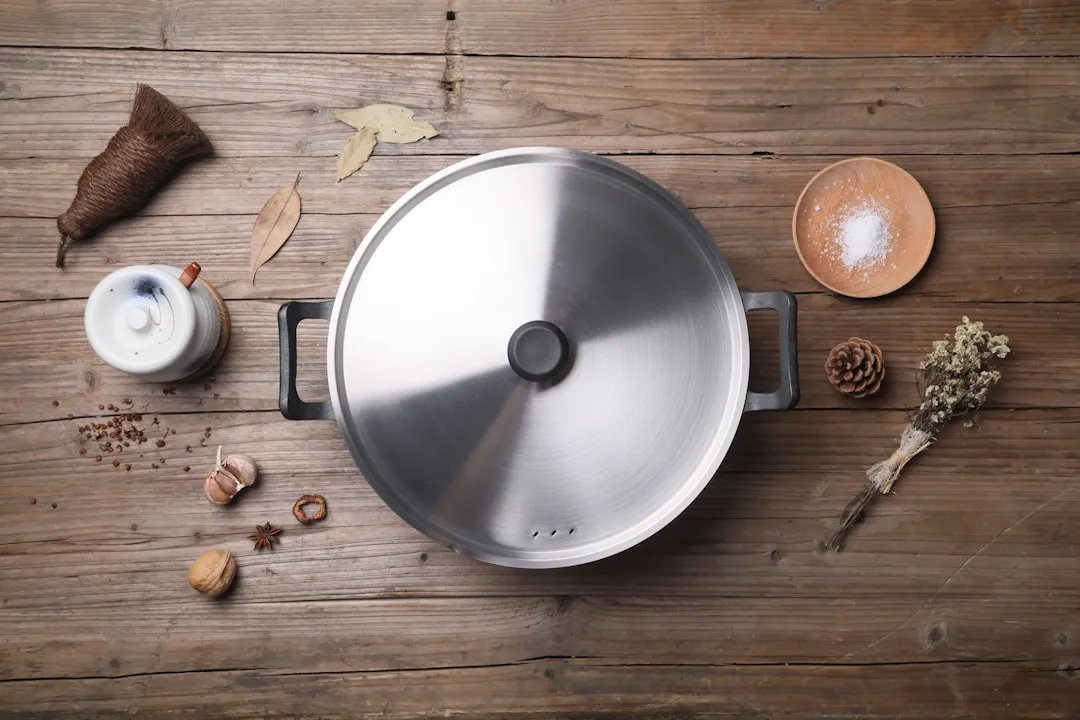
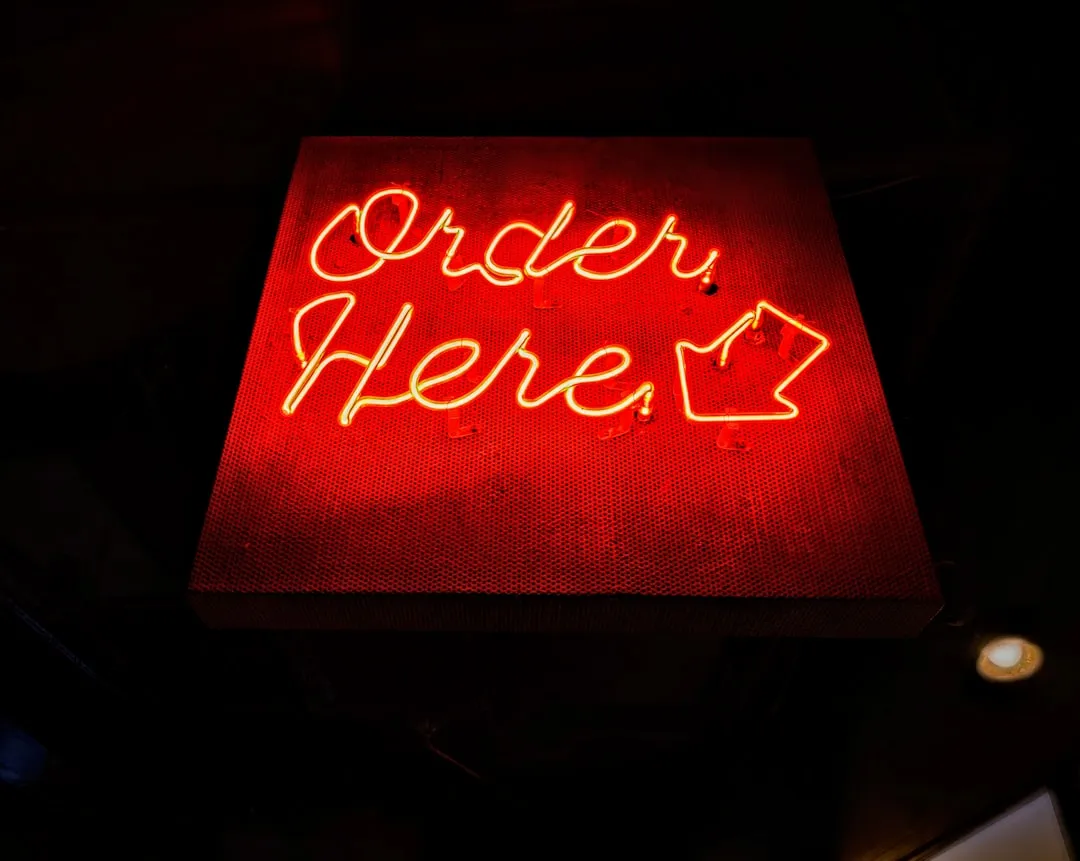
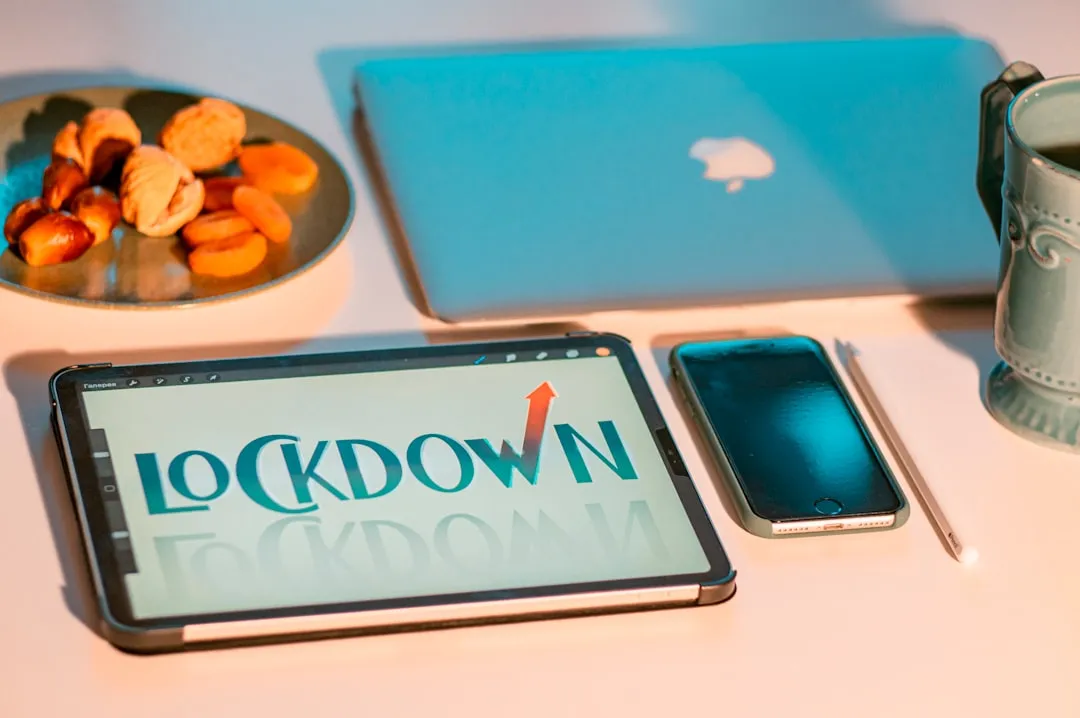
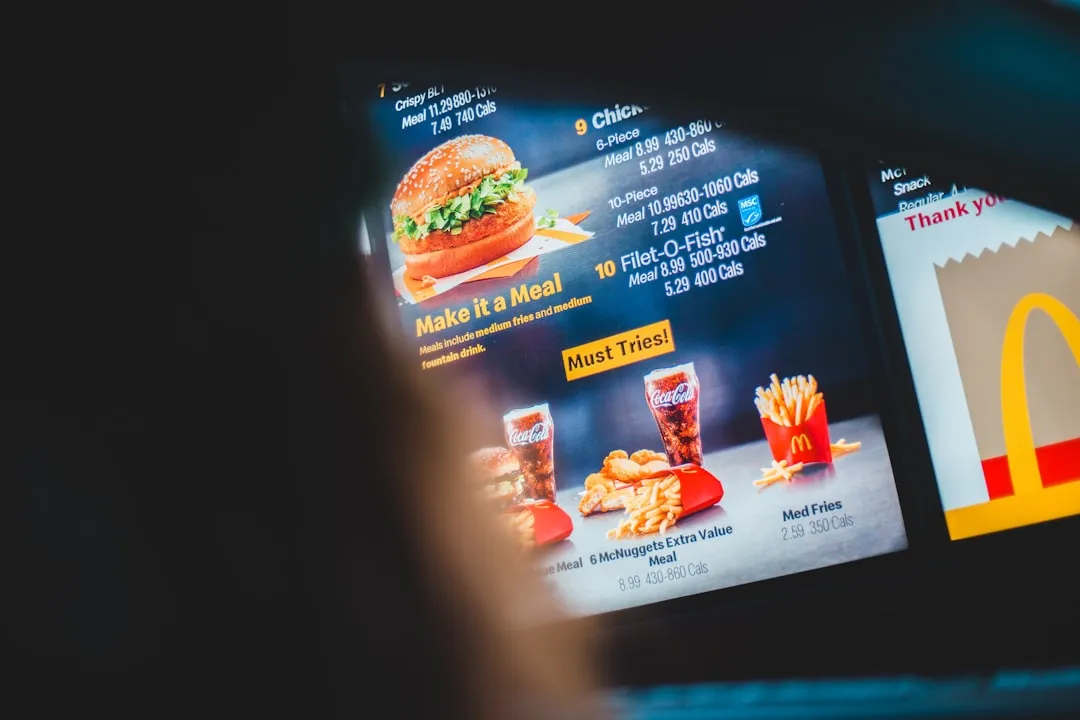
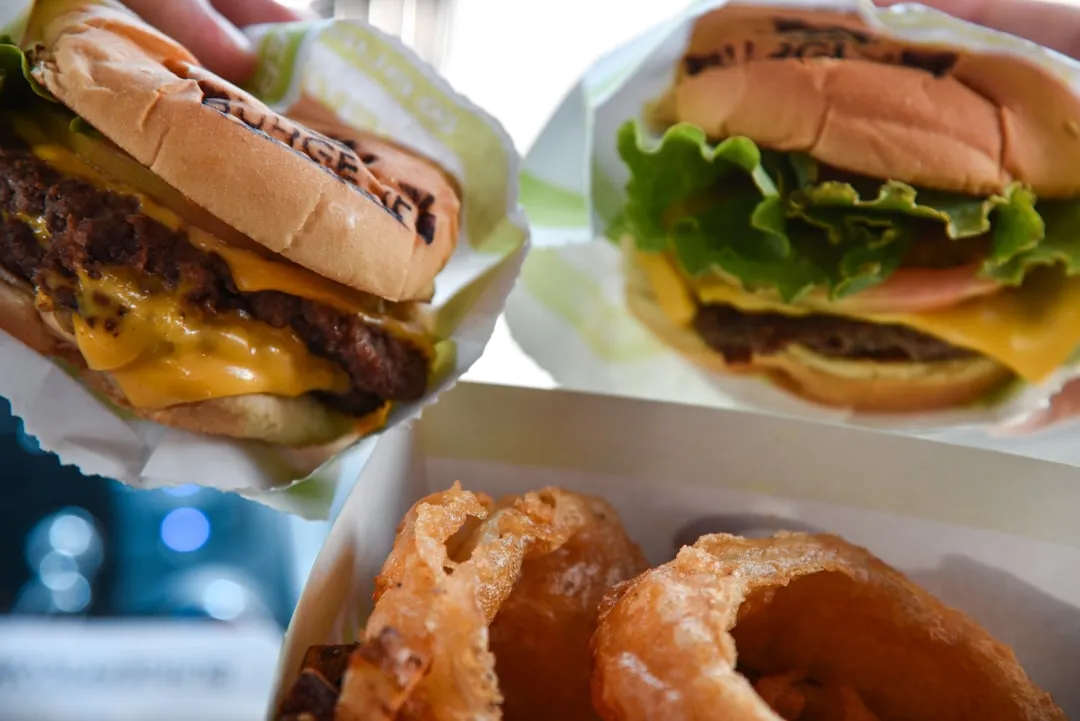

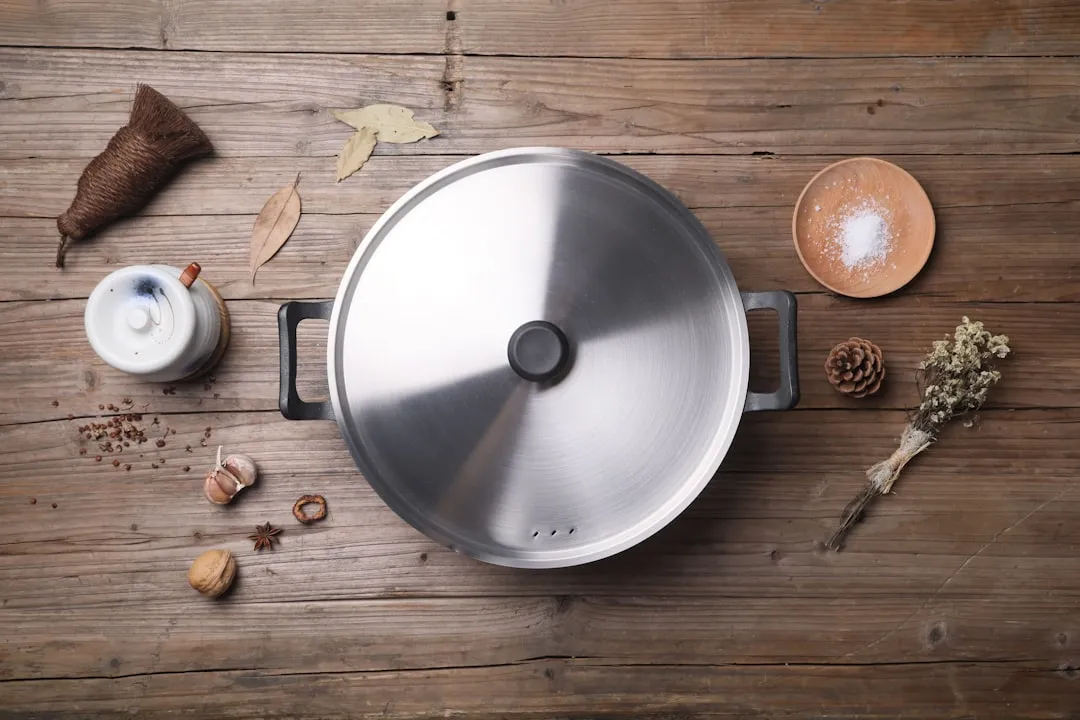
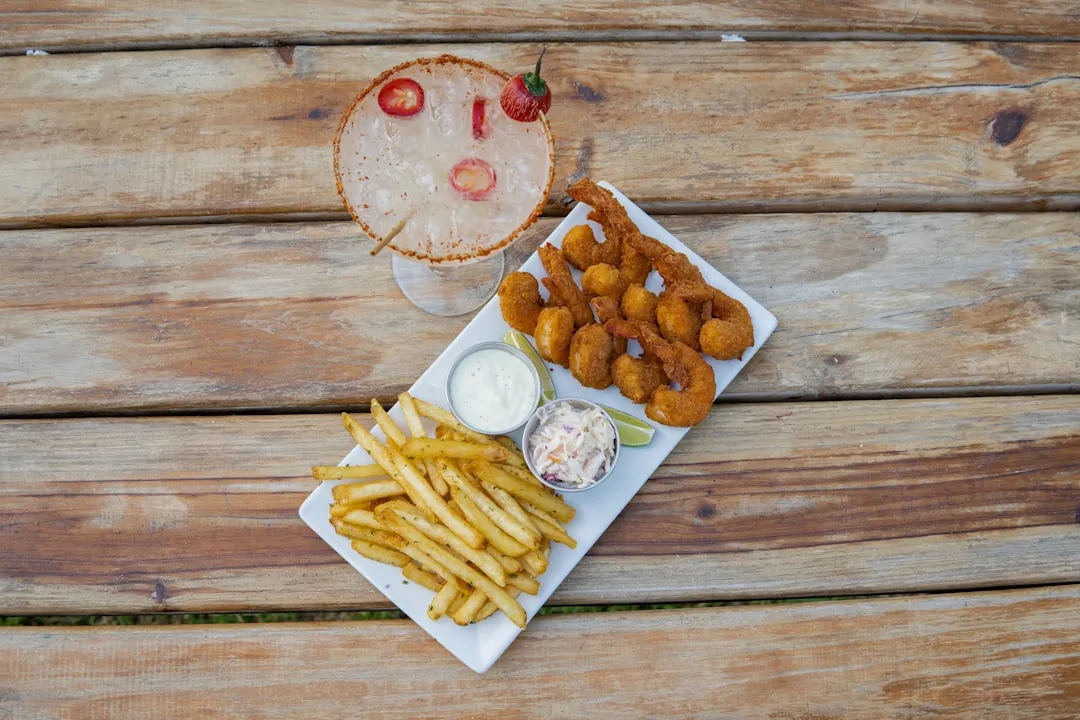
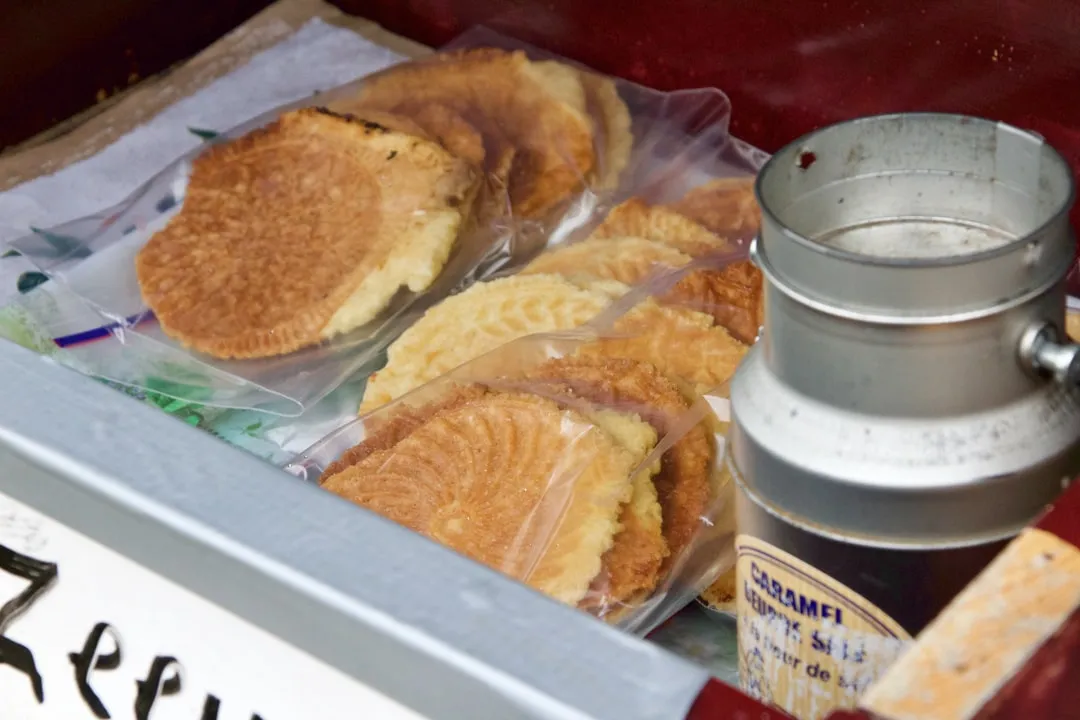
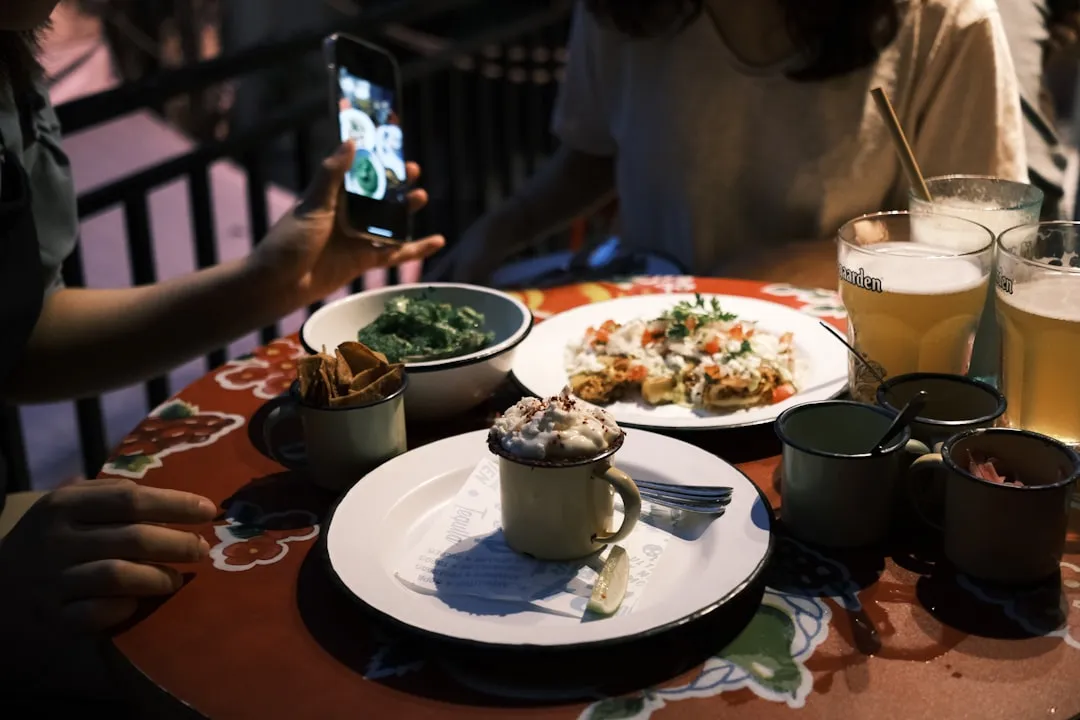
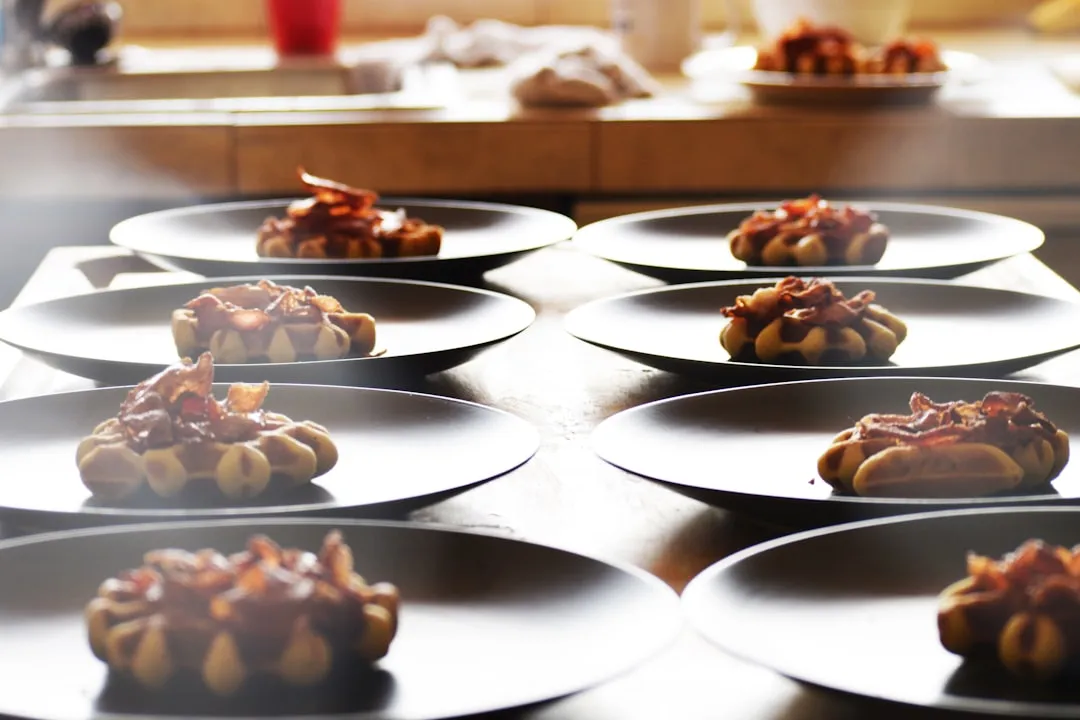
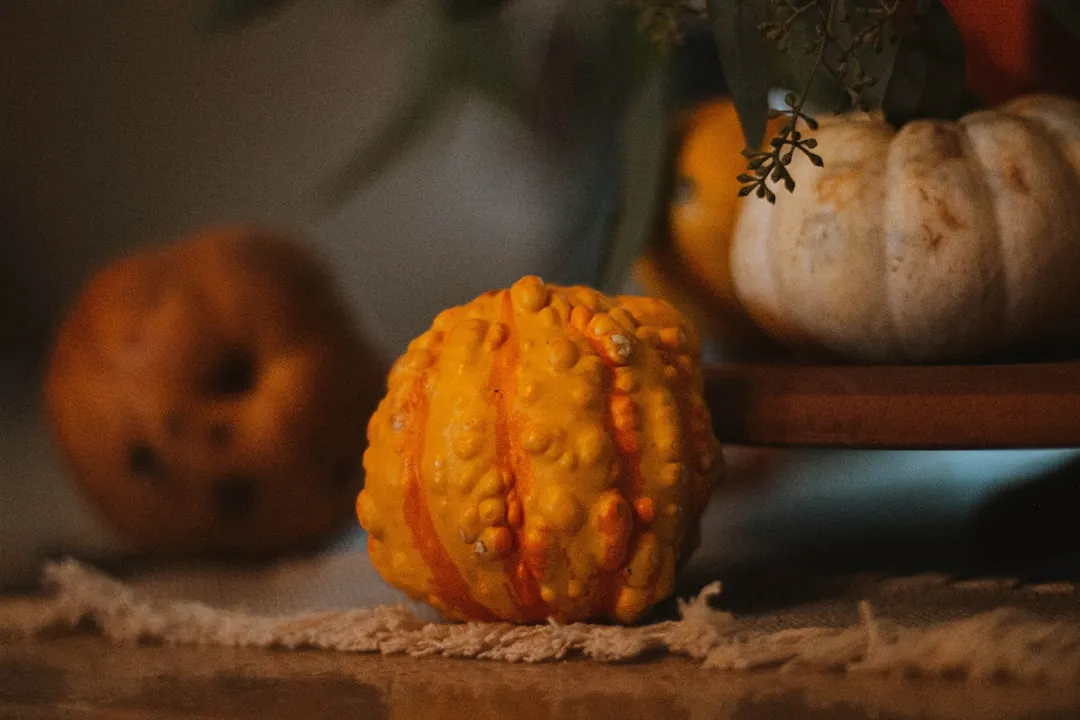
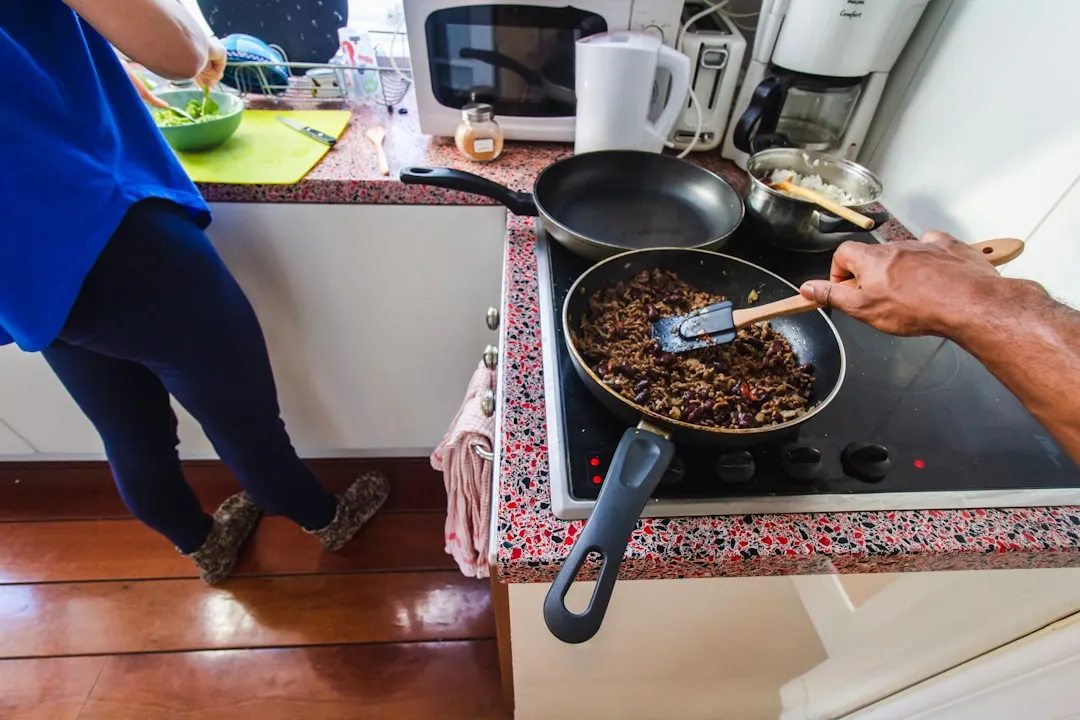
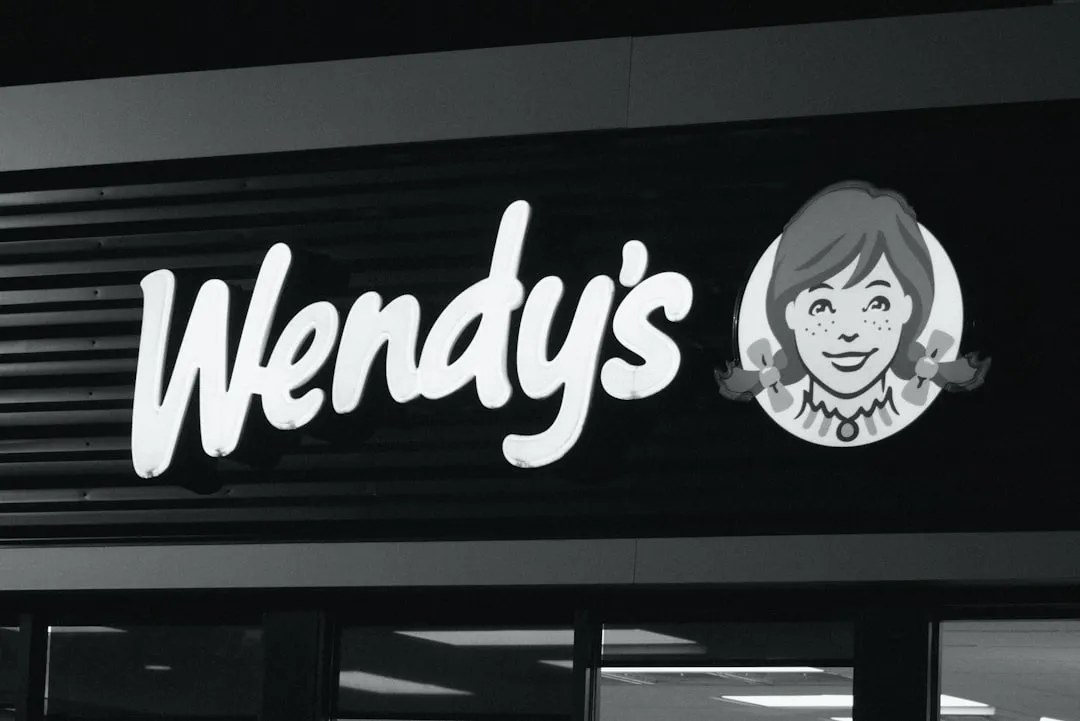
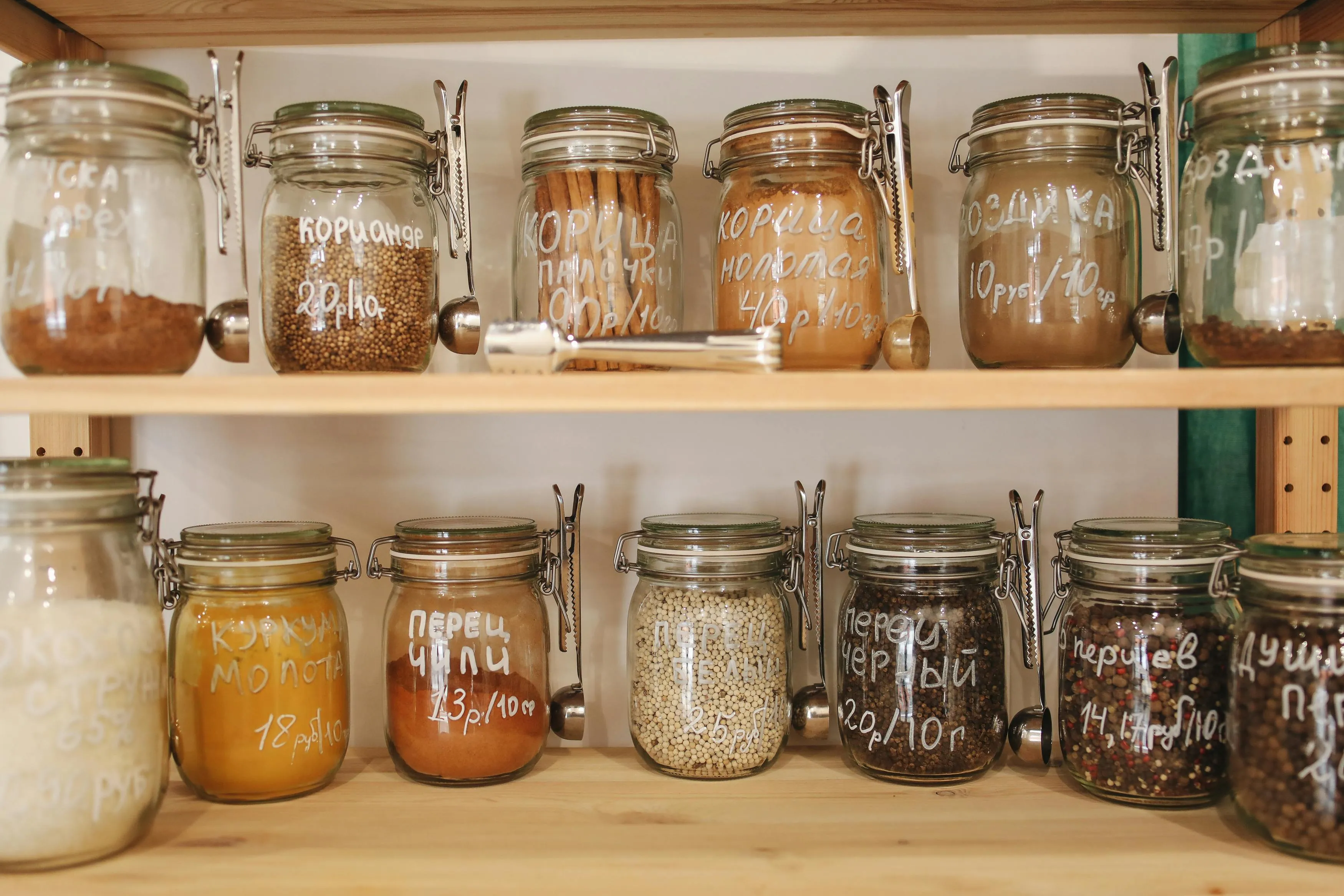
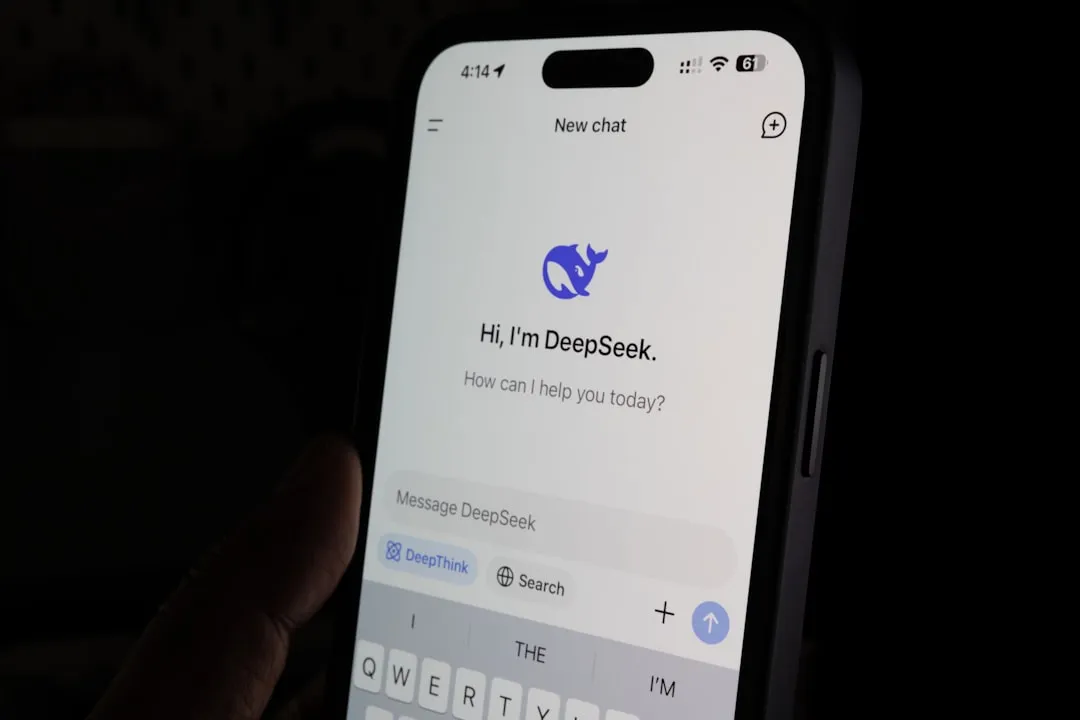

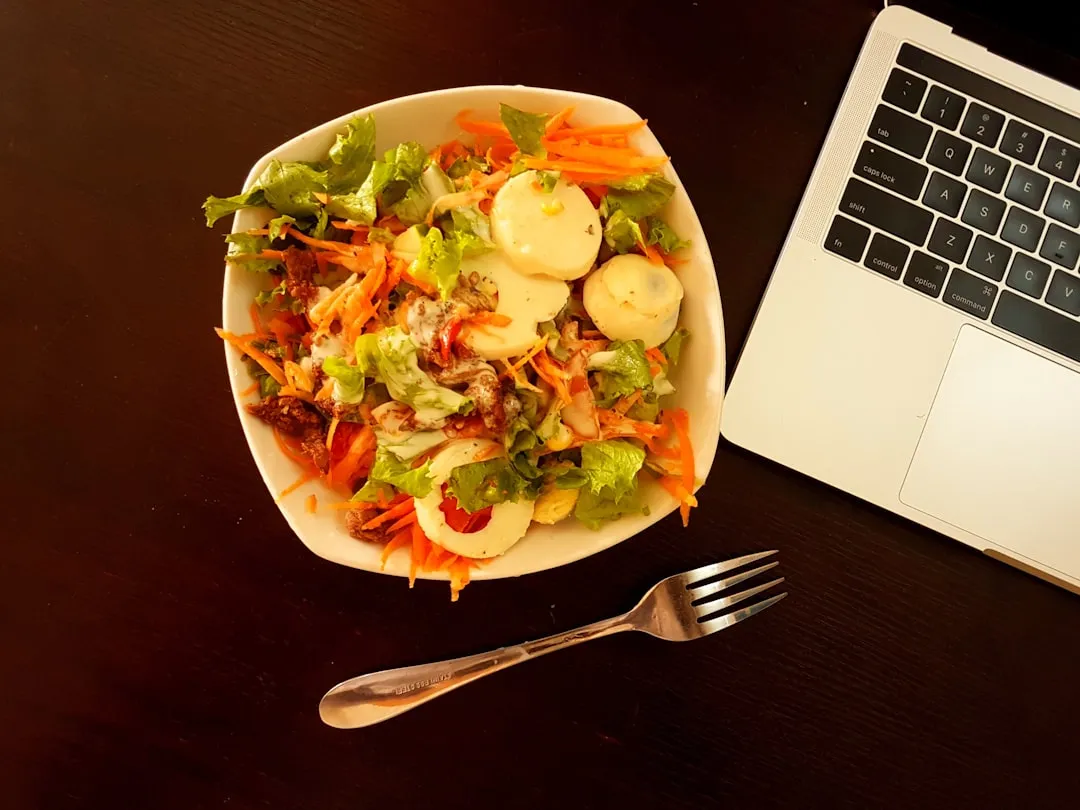
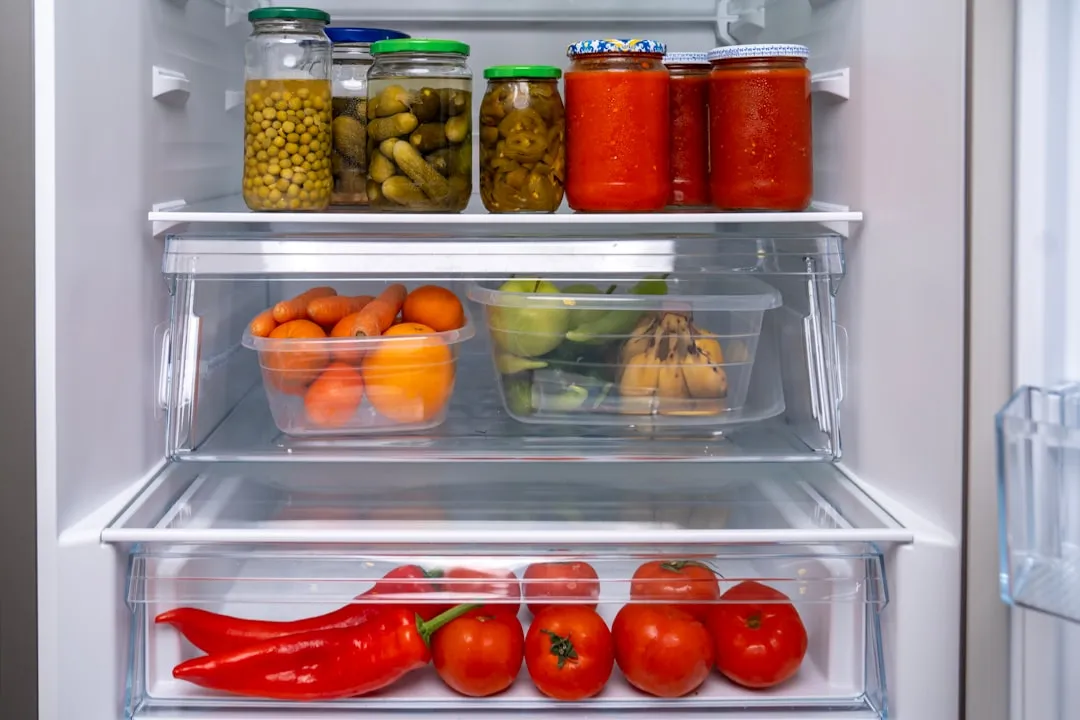
Comments
Be the first, drop a comment!